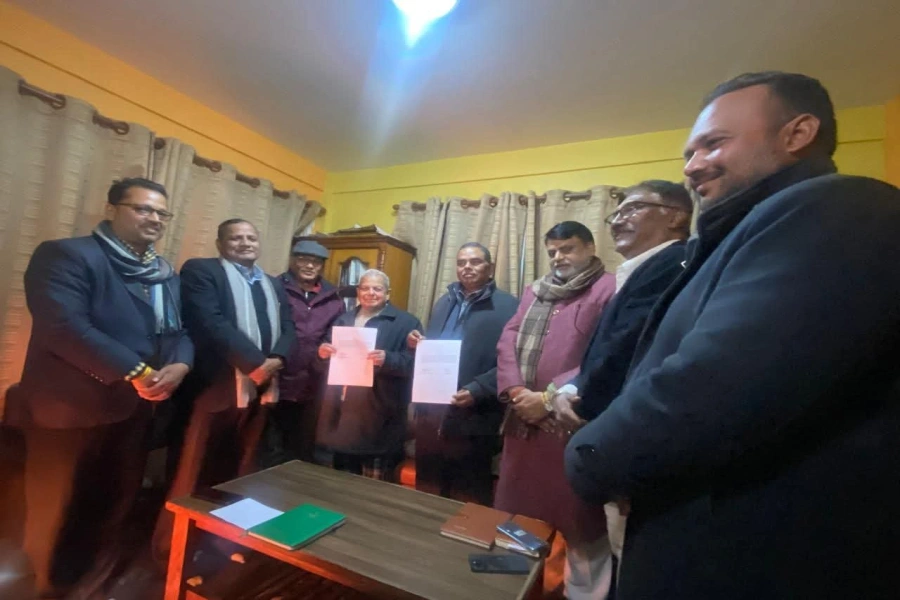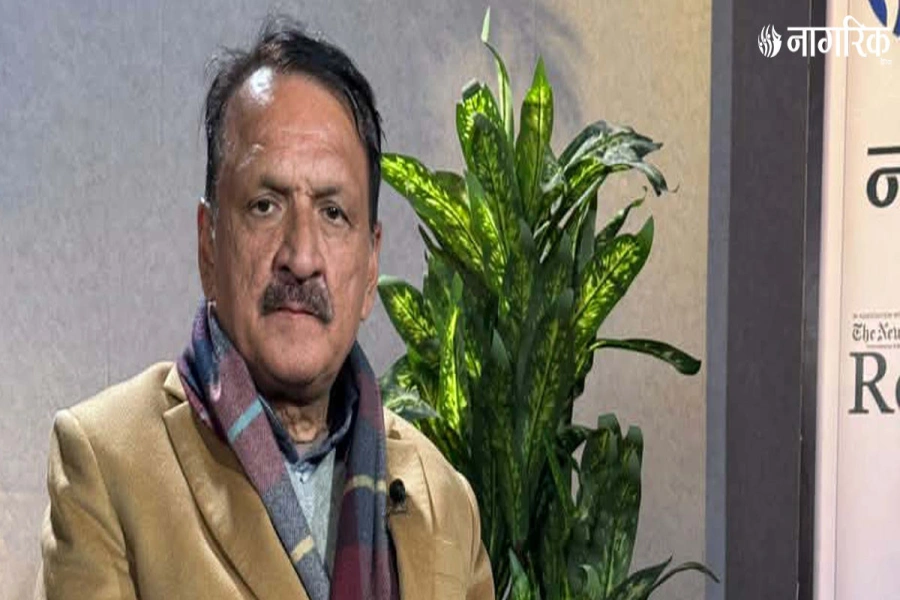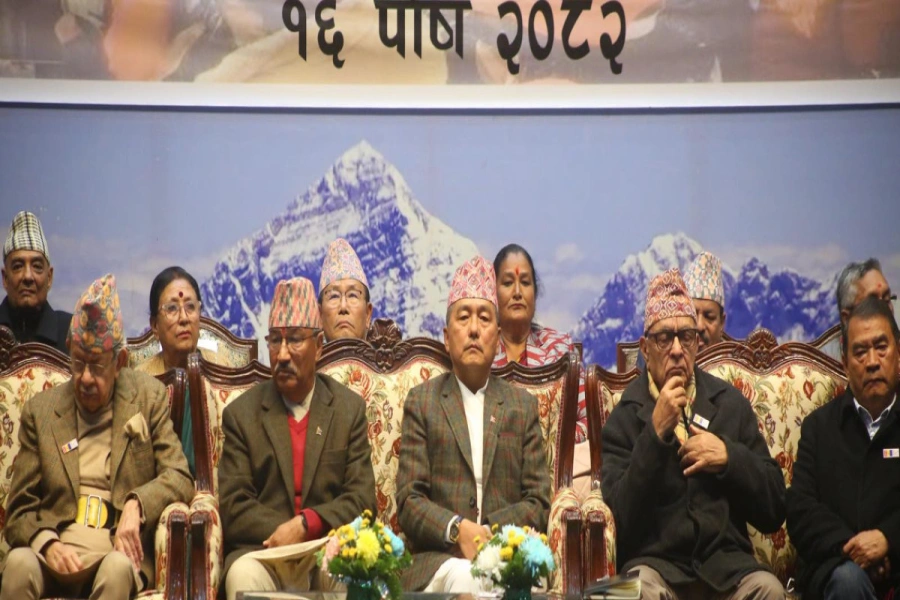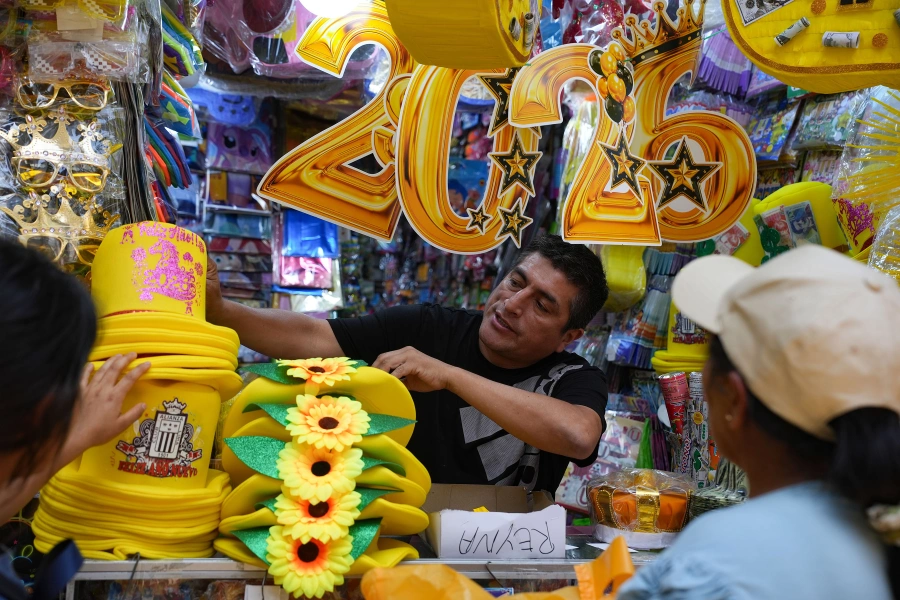KATHMANDU, July 27: The price of goat and chicken meat has been rising for the last few months, following the government decision to make quarantine clearance mandatory for livestock imported from India.
Retailers are selling goat meat for as much as Rs 1,300 and chicken meat for Rs 450. The price of live goat has reached Rs 680 to 700 per kilogram. It was traded for Rs 480 to 500 per kilogram last year. Similarly, live chicken is being traded for the wholesale price of Rs 250.
With rising concern of consumers, the Department of Commerce, Supply and Consumer Protection Management called meat traders to the department on Friday to talk about the rising prices.
"Traders said they bought goats for higher prices from the suppliers. They also said that the monsoon has impacted the transportation of goats to the major markets," said Shobhakhar Regmi, director at the department. "They have also stated that trading has not taken place in Makawanpur, one of the districts supplying chicken, for some reason."
This chicken and couscous dish is a winning weeknight dinner

The department pledged to monitor the wholesale market as soon as possible. It has also warned meat traders not to cause any irregularity in the market.
Few months ago, the government had made health examination certificates of the livestock mandatory for import. Traders have claimed that the government has enforced the policy without proper homework.
Deepak Thapa, past president of Nepal Livestock Traders Association, said that though the country has become self-reliant on chicken, it still has not been able to produce enough goats for consumption.
He claimed that though formal imports stopped as the traders failed to provide health examination certificate at the quarantine check posts, goats were still being imported illegally.
Traders attribute low domestic production for the price hike. "The production has decreased, but the demand has remained the same," said Shanker Bhandari, administrator at FARM, a global poultry portal of Nepal. The news about bird flu caused the price of chicken to go down and with that, farmers did not produce chicken in fear of bearing losses, he added.
"Last year, the production of eggs and chicken meat was the same and consumption was low. But this year, the demand has not decreased even if it is the holy Hindu month of Shrawan," Bhandari told Republica.
The price rise of chicken is expected to subside from the second week of August after the production picks up. Traders also say that due to implementation of Vehicle Consignment and Tracking System (VCTS), the price of raw material used for producing feed has increased.
A total of 24 trucks carrying 280 goats each used to enter Nepal every week until few months ago. "Almost 12,000 goats used to be imported but now that the import has been halted due to lack of quarantine service, 3,500 goats are being imported illegally," Thapa added.



































